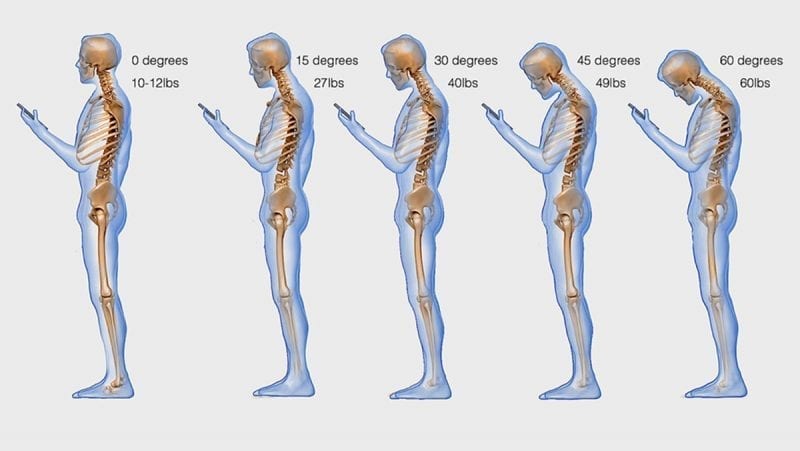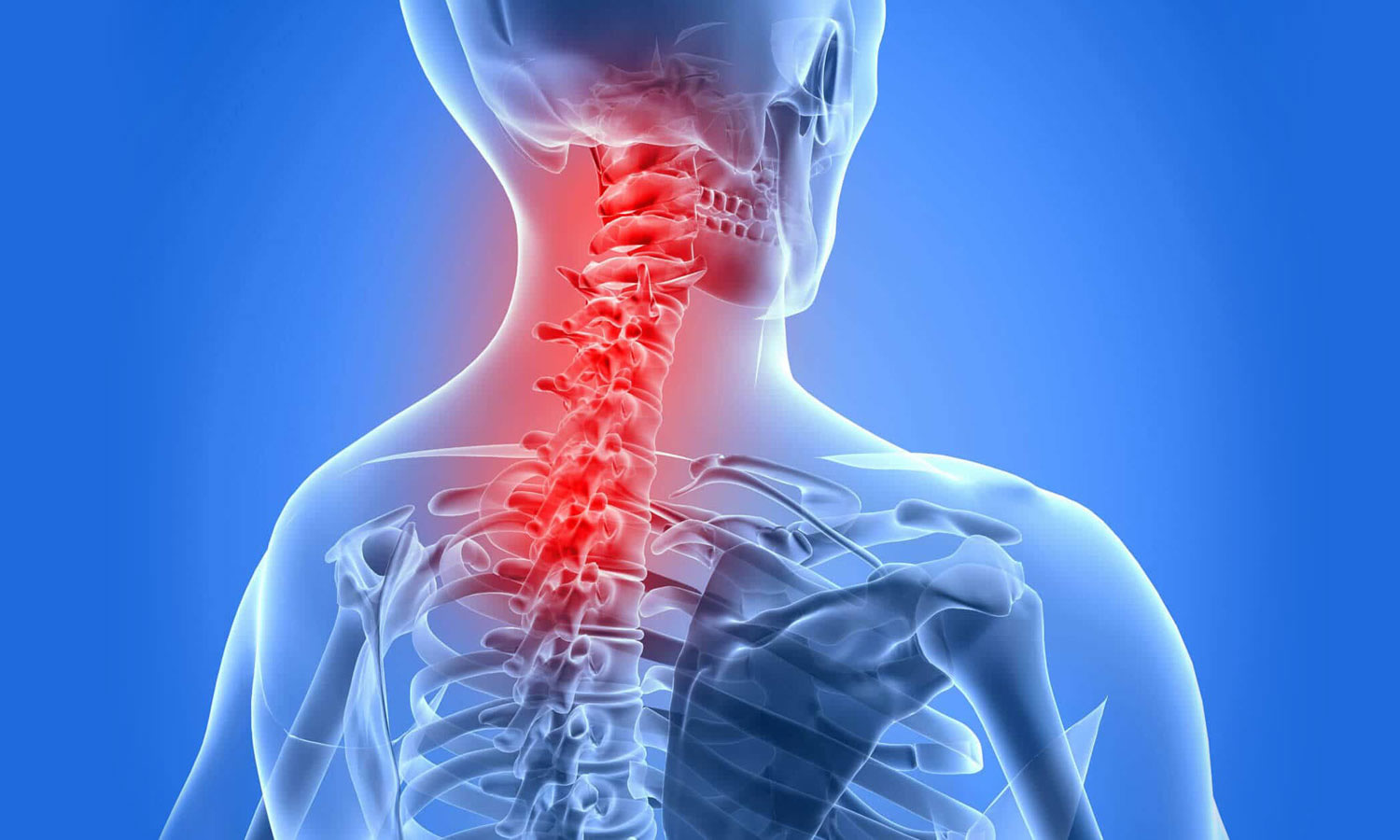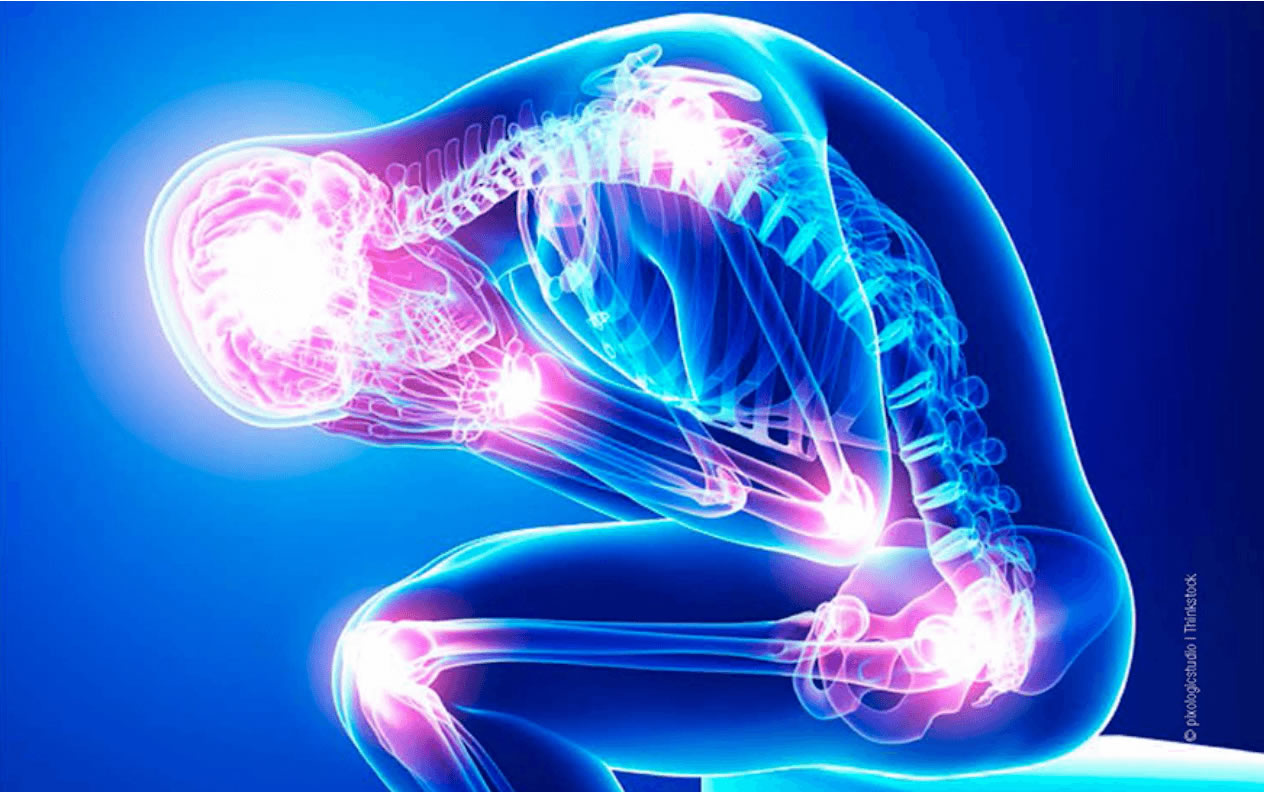Cancer, Stroke, Alzheimer’s disease, Heart disease, Depression, Arthritis, have been linked to chronic inflammation. It seems impossible that one thing can be responsible for so many problems. My research takes this concept even further and links the precursor to inflammation may be the major culprit, to disease and dis-ease, or lack of homeostasis or body harmony, and that is high acidity within the body. So what really occurs and what does it mean? Why does the body turn on itself and the immune system, and broadcast to the entire body, distorted messages that signal all of your attack cells such as mast cells, glial cells, lymphocytes, etc., to seek and destroy unhealthy cells, as well as healthy tissue? Why does this occur? How can we prevent or cure inflammation? How can we help our acidity levels within our body? In the human body acid is the by-product of the metabolic process. The body has different types of acids, that are vital to body functioning. The good ones are amino acids, fatty acids, ascorbic acid, and hydrochloric acid.
Amino Acids– for neurotransmitter brain neuron communication and also stimulates muscle, collagen, elastin, connective tissue, and blood vessel growth.
Metabolism also relies on amino to function properly, for digestion and energy. Your body needs 20 different amino acids. 9 are classified as essential and 11 are nonessential. The body can generate all 11 nonessential amino, but you need to get the 9 essential amino and those are- lysine, leucine, isoleucine, methionine, tryptophan, phenylalanine, threonine, valine, and histidine- and only through your diet.
Fatty Acids – make up a major component of all your cell’s structure called your phospholipid bilayer and without it, all your cells would fall apart. Fatty acids are also a vital part of your brain health and metabolism for blood vessels and blood clotting.
Ascorbic Acid- also known as Vitamin C- is known for boosting immune system function but most importantly it also helps form proteins that your body uses for blood vessels, tendons, ligaments, and skin. Also wound repair and healing also helps scar tissue form and helps cartilage, bones, and teeth stay healthy, and ascorbic acid helps the body properly absorb iron. Your body cannot make Ascorbic Acid, you have to get it through diet. The richest sources of Vit C are citrus fruits (oranges, lemons, grapefruits, kiwi, mango, cantaloupe, pineapple, strawberries, raspberries, blueberries, broccoli, Brussels sprouts, cauliflower, bell peppers, spinach, cabbage potato, white and sweet, tomatoes and winter squash.
Hydrochloric Acid– critical component of digestion. Your stomach contains a combination of potassium, chloride, sodium chloride, and HCL. This combination is adequate in breaking down foods during digestion.
It seems impossible that one thing can be responsible for so many health problems. There is more evidence in medical research journals that are revealing that inflammation, not the sprained ankle type of inflammation, but long-term systemic inflammation within your body that occurs when your immune system goes into overdrive, sending out those cells that attack unhealthy and healthy cells. This may be at the root of many of our most prevalent diseases. Science also suggests that much of what we thought we knew about chronic inflammation, from why it increases with age, to where it begins in our bodies, and even to which drugs may even aggravate the inflammation.
By learning more about the body and how it is designed, we can strategically change our lifestyle and become more aware, and we will see positive effects almost immediately.
Here are signs of systemic inflammation and what you should do about it-
Overweighting a few pounds can cause enlarged fat cells to secrete inflammatory adipokines throughout your body. The fat normally is in your gut and belly, which generates its own inflammatory cytokines. So it is very important to maintain optimal body weight.
Gut issues, acid reflux, and stomach problems are indications that your gut is inflamed and it can start to affect outside the digestive tract and can cause fatigue, brain fog, low energy, and irritability.
You cannot lose weight, even when you’re training hard and still feel fatigued. You may be experiencing cellular exhaustion from overtraining and this can cause chronic inflammation of your tissues. Interval training with shorter workouts will allow the tissue to repair and will help reduce chronic inflammation. Osteoporosis and Sarcopenia are muscle and bone wasting and thinning and they are also types of inflammation, that need to be monitored.
If you are only getting 6 hours or less of sleep a night, you are not allowing the body to repair from the cellular oxidative stress of everyday existence, which will definitely lead to chronic inflammation. So increase your restful sleep time to 7-9 hours, which allows the body to recuperate and regenerate.
When stress develops into a neurological pattern, and you develop anxiety as a result of your upcoming day, this is a clear indication that the body is depleting a large amount of the hormone cortisol, leaving a minimal amount for the body to utilize to help regulate your immune system and keep chronic inflammation to a minimum.
Blood analysis in search of a body inflammatory identifier is done by doing a: high sensitivity C-reactive protein test. This measures the number of inflammatory cells in your blood.
ACIDOSIS-ACIDIC: is a real phenomenon that is now known to contribute to a wide range of diseases such as metabolic syndrome, cancer, osteoporosis, kidney stones, and increased susceptibility to environmental toxins. Also, the food components that include soft drinks and high sugar products along with prescription drugs and metabolic dysfunctions within the body affect the acid/alkaline balance of cells. It not only is the pH balance of a person’s body, which is a compensatory measure that indicates that the body is overwhelmed in functioning optimally. This typically during advanced diseases such as kidney, lung, and liver failure or stress. Acidosis is the constant pressure on the body’s physiology to compensate for all the acid-inducing challenges. Equally important is pH in the cell and intracellular space that causes disruption of the enzyme function, loss of insulin sensitivity, and cellular metabolic stagnation and adaptation.
Follow these guidelines for the Anti-Inflammation Diet-
People who eat vegetables more than 25 species of plants a week have a great diversity of bacteria in their guts than those who eat fewer than 10. A wide variety of products and legumes reduces inflammation by feeding and increasing the “good” bacteria that maintain the health of the gut lining.
Take omega -3 and vitamin D daily, which enhance mood and cognitive ability and seem to lessen inflammation in the brain. A new study shows that vitamin D can reduce the inflammatory response to bacteria seeping out of a leaky gut. If you’re not consuming fish regularly, aim for three grams of omega-3 and 2000 IU of Vitamin D daily.
Spices offer a huge amount of anti-inflammatory benefits, especially turmeric, which in a class by itself for its inflammation-fighting polyphenol compounds. Add it to your soup, stew or sprinkle it on oatmeal or put a tablespoon of the turmeric in your protein shake.
Be mindful of your over-the-counter anti-inflammatories such as Ibuprofen and acetaminophen, which will eat away at your gut lining in both the stomach and colon, which is called, NSAID-induced gastrointestinal bleeding. As an alternative to ibuprofen, you can use tart cherry juice, which has polyphenolic entities that are loaded with natural ingredients for inflammation.
Flossing your teeth, believe it or not, is a major inflammation reducer. The reason is that your mouth, like your gut is a portal for bad bacteria to enter your bloodstream and trigger an immune system reaction. When food-borne bacteria lodge in the gums, you can develop gum inflammation which leads to gum disease and is linked to Alzheimer’s and heart disease. So floss daily and gargle with an antiseptic rinse, to decontaminate your gums!









